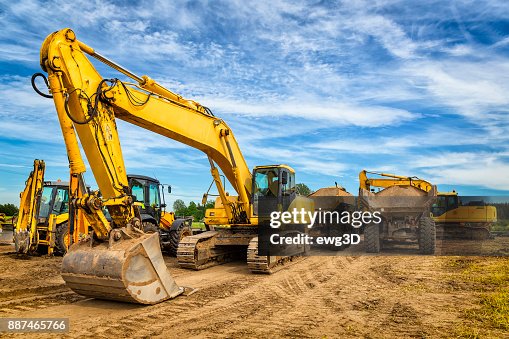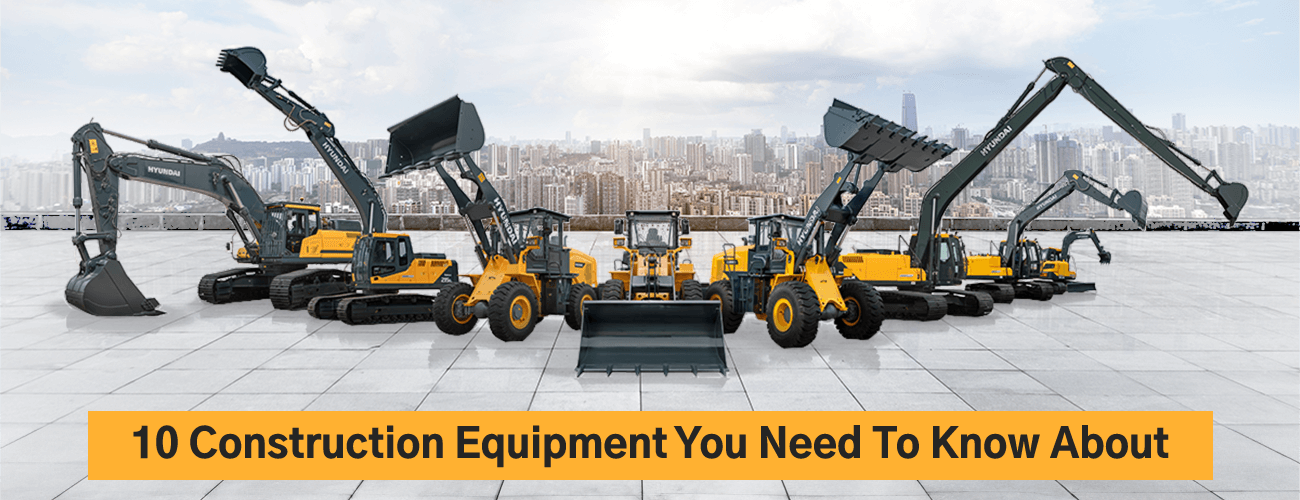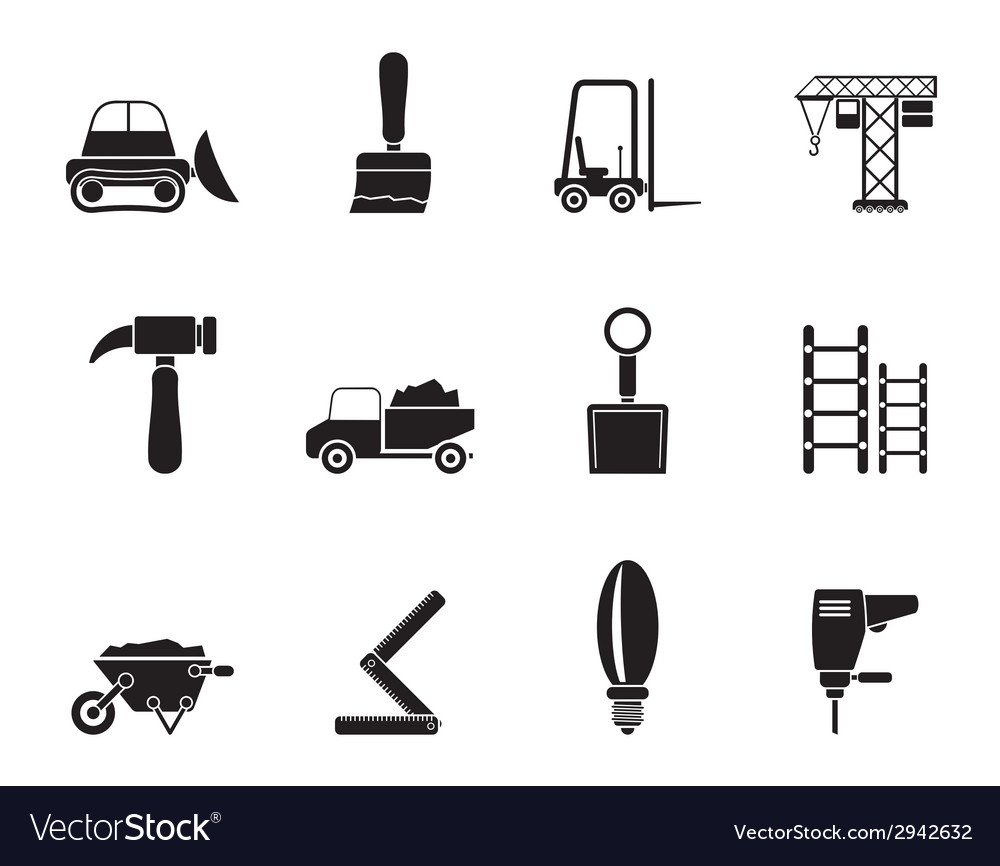Forklift Rental in Tuscaloosa AL: Versatile Training Solutions for Your Demands
Forklift Rental in Tuscaloosa AL: Versatile Training Solutions for Your Demands
Blog Article
Discovering the Financial Advantages of Leasing Building Devices Compared to Having It Long-Term
The choice in between possessing and renting out building tools is essential for economic management in the market. Renting out offers immediate cost financial savings and operational versatility, permitting firms to designate resources a lot more successfully. Recognizing these nuances is vital, specifically when considering just how they straighten with particular job requirements and financial techniques.

Cost Comparison: Leasing Vs. Possessing
When assessing the monetary ramifications of leasing versus owning building and construction devices, an extensive price contrast is necessary for making educated choices. The option in between having and leasing can significantly impact a company's lower line, and recognizing the linked costs is important.
Renting out construction equipment commonly entails reduced upfront costs, permitting companies to allot resources to other operational needs. Rental contracts commonly consist of adaptable terms, enabling companies to gain access to progressed machinery without long-term dedications. This flexibility can be particularly beneficial for temporary jobs or fluctuating workloads. Nonetheless, rental costs can accumulate in time, potentially surpassing the expenditure of possession if tools is required for an extended duration.
On the other hand, owning construction devices requires a considerable initial financial investment, in addition to continuous prices such as devaluation, financing, and insurance policy. While ownership can cause long-lasting cost savings, it additionally binds capital and might not offer the exact same level of versatility as renting. Furthermore, owning equipment requires a dedication to its utilization, which might not constantly line up with job demands.
Ultimately, the decision to rent or have should be based upon an extensive analysis of specific job needs, financial ability, and lasting strategic objectives.

Maintenance Costs and Duties
The choice in between renting out and possessing building devices not just includes economic factors to consider yet additionally incorporates recurring upkeep expenditures and duties. Owning devices calls for a substantial commitment to its maintenance, that includes regular examinations, repairs, and possible upgrades. These obligations can promptly collect, bring about unforeseen costs that can strain a spending plan.
In comparison, when renting out tools, maintenance is generally the obligation of the rental firm. This setup enables service providers to prevent the economic worry related to deterioration, along with the logistical challenges of organizing repair work. Rental arrangements usually consist of stipulations for upkeep, suggesting that specialists can concentrate on finishing jobs as opposed to bothering with tools problem.
Additionally, the varied range of tools available for rent makes it possible for companies to choose the most up to date versions with sophisticated innovation, which can enhance efficiency and productivity - scissor lift rental in Tuscaloosa Al. By going with leasings, organizations can avoid the long-lasting obligation of tools devaluation and the associated maintenance headaches. Ultimately, assessing maintenance expenditures and duties is crucial for making an educated choice concerning whether to lease or possess building and construction equipment, significantly impacting total project prices and functional effectiveness

Devaluation Influence On Possession
A substantial factor to consider in the decision to own building devices is the influence of depreciation on total possession costs. Depreciation stands for the decline in value of the tools gradually, affected by variables such as use, damage, and advancements in technology. As equipment ages, its market price diminishes, which can significantly affect the proprietor's financial position when it comes time to trade the devices or offer.
For building and construction business, this depreciation can equate to significant losses if the tools is not made use of to its greatest capacity or if it comes to be outdated. Owners have to represent devaluation in their monetary projections, which can bring about greater general prices contrasted to leasing. In addition, the tax implications of devaluation can be complicated; while it may offer some tax obligation advantages, these are commonly countered by the fact of decreased resale worth.
Eventually, the concern of devaluation emphasizes the relevance of comprehending the long-lasting monetary commitment involved in possessing building equipment. Companies need to thoroughly review just how frequently they will certainly use the tools and the possible economic effect of devaluation to make an educated decision regarding ownership versus leasing.
Financial Adaptability of Renting
Leasing building tools uses considerable financial versatility, allowing business to allot sources more effectively. This versatility is especially important in an industry identified by varying project demands and differing workloads. By opting to rent, organizations can avoid the substantial capital investment needed for buying tools, protecting page money circulation for other operational needs.
Additionally, renting out equipment makes it possible for business to customize their equipment choices to details project demands without the long-term commitment associated with possession. This indicates that companies can easily scale their equipment stock up or down based upon anticipated and existing project needs. As a result, this flexibility minimizes the threat of over-investment in machinery that may end up being underutilized or obsolete over time.
An additional financial advantage of renting out is the potential for tax obligation benefits. Rental repayments are typically considered overhead, enabling prompt tax obligation deductions, unlike devaluation on owned and operated equipment, which is spread over several years. scissor lift rental in Tuscaloosa Al. This instant expense recognition can better improve a business's money position
Long-Term Job Factors To Consider
When assessing the long-lasting needs of a building organization, the choice in between renting and owning devices ends up being more intricate. For tasks with extended timelines, acquiring devices may heavy duty stump grinder rental seem useful due to the potential for lower general costs.
In addition, technical advancements present a substantial consideration. The construction industry is developing rapidly, with brand-new devices offering enhanced effectiveness and security functions. Renting enables firms to access the current technology without committing to the high ahead of time prices connected with purchasing. This adaptability is specifically advantageous for businesses that handle varied projects requiring various kinds of equipment.
Moreover, monetary stability plays a vital role. Having tools often entails significant funding financial investment and devaluation issues, while leasing allows for even more predictable budgeting and capital. Inevitably, the selection between renting and owning must be straightened with the critical purposes of the construction company, considering both current and expected project needs.
Conclusion
To conclude, renting construction tools offers substantial financial advantages over lasting ownership. The decreased in advance expenses, removal of maintenance duties, and avoidance of depreciation add to enhanced cash circulation and monetary adaptability. scissor lift rental in Tuscaloosa Al. Additionally, rental repayments function as prompt tax obligation deductions, better benefiting professionals. Inevitably, the choice to rent instead of very own aligns with the dynamic nature of building and construction jobs, enabling flexibility and access to the current devices without the economic concerns connected with possession.
As devices ages, its market value diminishes, which can substantially affect the owner's economic setting when it comes time to market or trade the devices.
Renting building tools supplies considerable monetary adaptability, permitting firms to designate resources extra successfully.Additionally, leasing equipment enables companies to customize their devices choices to specific job demands without the long-term dedication linked with ownership.In conclusion, renting construction tools offers significant financial advantages over long-lasting possession. Eventually, the decision to rent instead than own aligns with weblink the vibrant nature of building tasks, permitting for flexibility and access to the most recent equipment without the monetary worries linked with ownership.
Report this page